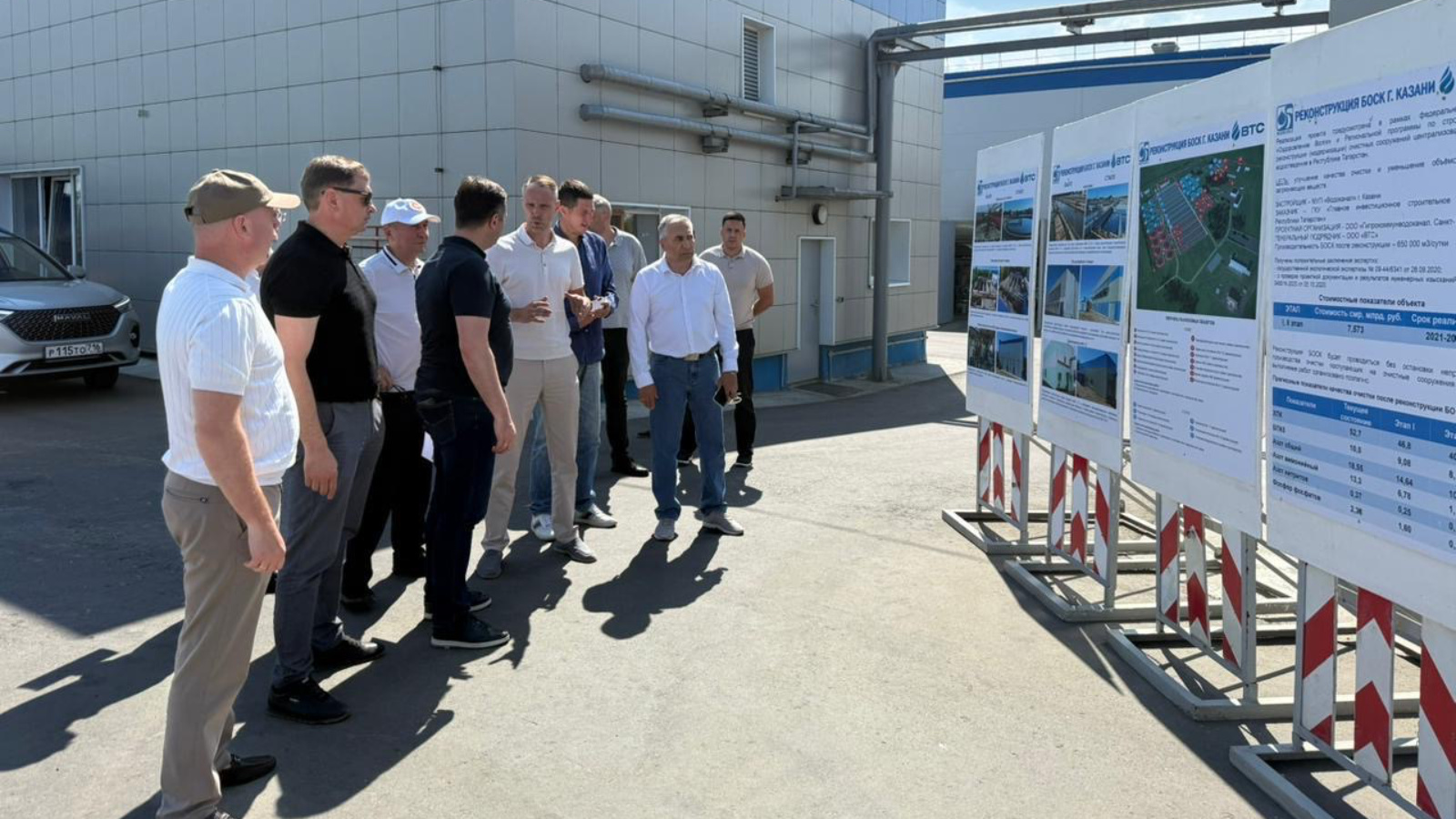In seven years, almost 72 billion rubles have been allocated for environmental protection measures in Tatarstan

The total volume of investments in environmental protection measures in Tatarstan over the past seven years has amounted to 71.8 billion rubles. This was announced today by Alexander Shadrikov, Minister of Ecology and Natural Resources of the Republic of Tatarstan, at the plenary session of the XX All-Russian Scientific and Practical Conference named after A. I. Shchepovskikh in Kazan.
"Since 2019, we have been actively working on the implementation of the national Ecology project. In Tatarstan, within the framework of six federal projects, 30 events worth 21.6 billion rubles were implemented, including 17.2 billion rubles from the federal budget and 4.4 billion rubles from the republican budget. More than 41 billion rubles have been invested by enterprises in the region – an example of high social and environmental responsibility of business," he said.
Alexander Shadrikov named major events that have been brought to life in Tatarstan thanks to the national Ecology project and with the support of the Russian Ministry of Natural Resources. Among them are the activities of the federal project "Improving the Volga River." 13 wastewater treatment plants have been built and reconstructed in the region, including the largest biological wastewater treatment plants in Kazan.
"This year we are completing the reclamation of silt fields, which was carried out in conjunction with the reconstruction of the BOSC. This project is an example of the integration of scientific developments – the Scientific Council of the Ministry of Ecology, Engineering and management solutions. The participation of the Academy of Sciences of the Republic of Tatarstan, the selection of the best technologies through an open discussion at the scientific and technical council and wide public awareness is a guarantee of the quality of work and social trust," Shadrikov noted.
Five negative impact sites, including three large landfills, have been reclaimed under the Clean Country federal project. These are the landfill in the village of Prosti in the Nizhnekamsk district, the landfill in Menzelinsk and the Samosyrovsky landfill in Kazan.